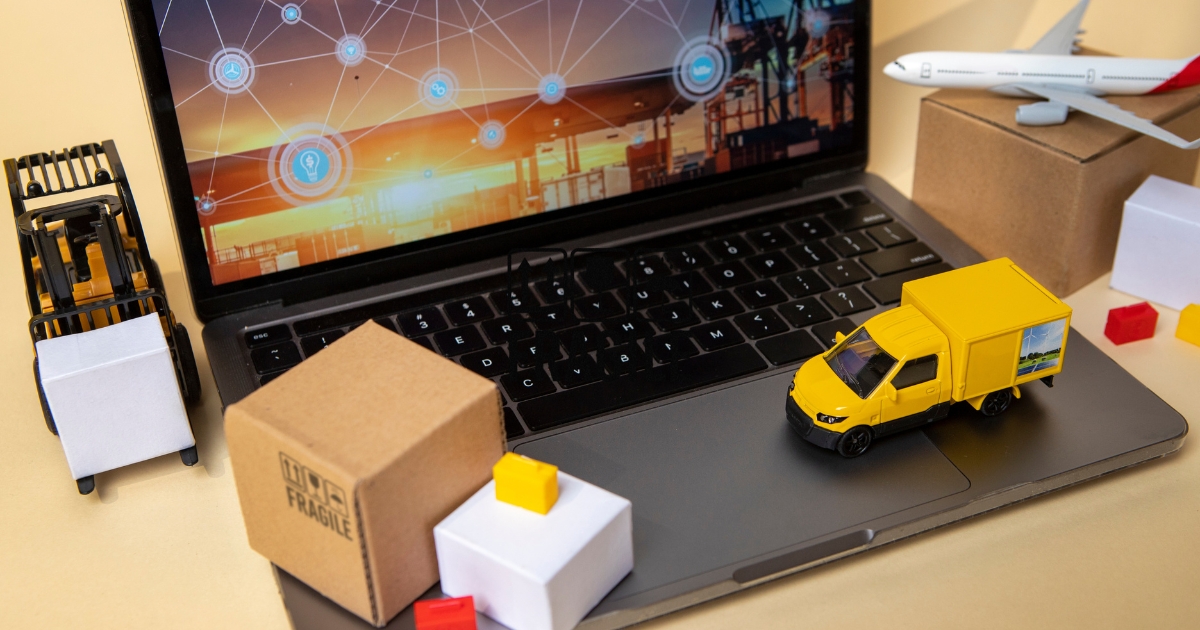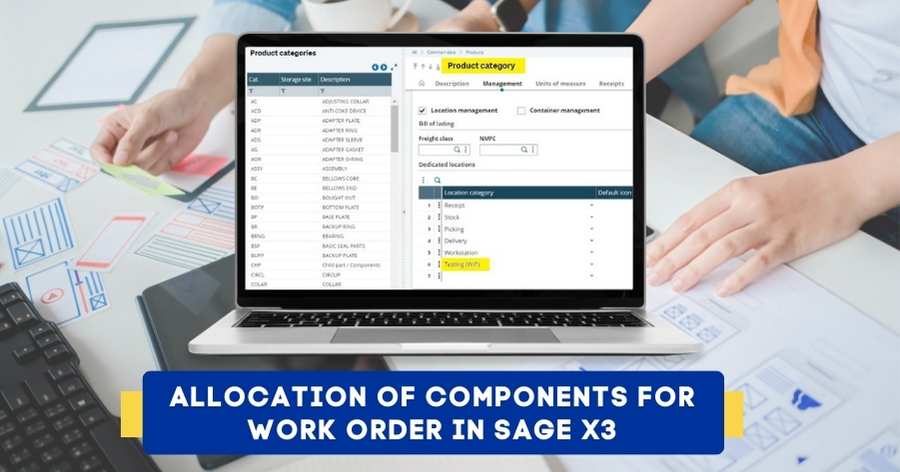Sustainable manufacturing is a buzzing concept that many people in the manufacturing industry have been talking about. Sustainable Manufacturing is a process that considers the environmental and social impacts of a product throughout its life cycle. It aims to reduce waste and improve efficiency while preserving resources and minimising environmental impact.
Sustainable manufacturing is the creation of manufactured products and services that meet the needs of the present without compromising the ability of future generations to meet their own needs. To achieve sustainable manufacturing, companies need to find a way to balance the three pillars of sustainability- environmental, social, and economic.
What are the goals of Manufacturing Processes?
Environmental sustainability is the goal of manufacturing processes and products with minimal negative environmental impact. This includes reducing the amount of waste produced, using renewable resources, and reducing energy consumption.
Social sustainability is another goal of manufacturing processes and products that have a minimal negative impact on the social environment. This includes ensuring safe and fair working conditions, providing social benefits, and reducing the negative environmental impact of manufacturing.
Economic sustainability is the third goal of manufacturing processes and products that are economically feasible. This includes creating products that are affordable and using resources efficiently.
Also Read: How can food and beverage manufacturers accept the circular economy mindset?
Significant Benefits of Sustainable Manufacturing
The benefits of sustainable manufacturing are vast and varied. By implementing sustainable practices, companies can reduce their environmental impact, save money, and improve their bottom line. Sustainable manufacturing can also help companies attract new customers and create a more sustainable supply chain.
One of the most significant benefits of sustainable manufacturing is that it can help companies reduce their environmental impact. Sustainable manufacturing practices can help companies reduce energy consumption, air pollution, and waste. For example, GE has reduced its energy consumption by 50% and its water consumption by 85% through its sustainability initiatives.
The sustainable manufacturing ERP industry in India can also help companies save money. Companies can save money on their energy and waste disposal costs by reducing energy consumption and waste. In addition, sustainable manufacturing can help companies improve their supply chain. Using sustainable materials and economically sound processes that help make companies reduce the risk of supply chain disruptions.
It can help companies attract new customers. Customers are increasingly interested in buying products from companies that are environmentally and socially responsible. In fact, a recent study found that 66% of consumers are willing to pay more for sustainable products.
The benefits of sustainable manufacturing are clear. Companies implementing sustainable practices can reduce their environmental impact, save money, and improve their bottom line.
Also Read: Top 9 Ways Cloud ERP Can Benefit Furniture Manufacturing
How can we achieve sustainable manufacturing through energy and natural resources?
With the increasing global population and the consequent increase in consumption, it is becoming more and more important to consider the environmental impact of manufacturing. To achieve this kind of manufacturing, we need to consider the entire life cycle of a product, from the extraction of the raw materials to the end of the product’s life. We also need to find ways to reduce the environmental impact through economically sound processes. Some ways to achieve sustainable manufacturing are:
- Using renewable energy sources
- Recycling and reusing materials
- Reducing energy consumption
- Designing products for longevity
- Reducing waste
Sustainable manufacturing is not only good for the environment, but it can also be good for the bottom line. By implementing sustainable practices, businesses can save money on energy costs, reduce waste, and improve their reputation.
Sustainable Manufacturing is becoming increasingly important as we become more aware of our products’ environmental and social impacts. We can preserve resources that minimize negative environmental impacts by reducing waste and improving efficiency.
How can digital transformation help sustainable manufacturing?
Today, many industries have been digitally transformed with all the essential tools to bring ecological change.
PLM Software
Product lifecycle management contributes majorly to sustainability since all data is connected to a single source of truth. By using this information widely from the manufacturing ERP software,
manufacturers get a proper level of traceability and visibility in the product’s carbon footprint. This way, we can develop a vast quantity of products while adding its total carbon footprint to assist engineers in developing additional sustainable solutions.
The software also involves features that can ensure compliance with the required regulations on the usage of chemical substances that are usually dangerous to the environment and health. But on the other hand, selecting less polluting components and materials is more than just fulfilling legal obligations while also completing the virtuous design cycles and recycling sustainable products.
IIoT (Industrial Internet of Things)
IIoT is another way for sustainable manufacturing that helps manufacturers measure the machine productivity, predict any failures that might come, and compare and optimise the regular performances. It also reduces quality defects. Also, the networked machines can send accurate data per the manufacturing process’s performance to the designers and engineers who can make the necessary corrections.
The minimisation of quality defects avoids any abrupt downtimes of machines that are specifically costly. The downtime can easily be avoided by implementing predictive analysis maintenance. It results in the product life extension while avoiding excessive energy and materials used to change the product.
Moreover, creating products compatible with AR technology helps streamline and reduce the requirement for committed on-site personnel.
AI (Artificial Intelligence)
Artificial Intelligence is another critical benefit of sustainable manufacturing. Having computer-visioned machine learning can help reduce waste by offering quality checks. In the case of a cloud system, deep learning algorithms can filter data to see some hidden opportunities to enhance efficiency and minimize problematic operations.
CAD (Computer-aided Design)
CAD tools have generative design features that help engineers to use algorithms that can advise various device options to meet particular business needs due to this reason, the aid of the generative design reduces material utilisation. It applies to both subtractive as well as additive manufacturing. Additive manufacturing helps save a lot of materials when compared to various processes, including machining.
Moreover, engineers can also take advantage of the simulation capabilities that help the design cycles and the waste connected with the prototypes created during the development. The process simulation also helps businesses design the most flexible production lines to assemble and manufacture various product series quickly.
Also Read: Procurement meaning and process explained
Create a business case for sustainable manufacturing
Developing an organizational pace to continue green manufacturing can sometimes be more tedious. However, the plan towards green and sustainable product manufacturing is counted as a countable business value and essential business practice. Various government guidelines offer sustainability goals and also offer rewards to meet prime goals. This convergence helps make it easy to track compliance and sustainable targets.
The primary thing to consider here is that sustainable businesses achieve significant advantages in the market. Also, customers have been focusing more on purchasing sustainable production. Getting real-time and insightful analytics can help make processes reduce energy and natural resources usage while producing less waste.
Down the Line
Sustainable manufacturing is the process of creating products in a way that is environmentally responsible and does not negatively affect the planet. It is essential to consider the entire life cycle of a product when looking to make it sustainable, from the sourcing of materials to the end of the product’s life. There are many ways to make a manufacturing process more sustainable, as discussed before, and many companies are working to make their operations more sustainable.
Sage Software Solutions is a leading IT company with an array of advanced ERP Software solutions. Our proprietary products — Sage X3 and Sage 300 will help you cut your operational expenses, improve business productivity, increase operational efficiency, forge robust customer relationships, and strengthen association with vendors, suppliers, and distributors. So, if you are looking to reinforce your business fundamentals and emerge as an industry leader, then please schedule a call with one of our sales representatives.





